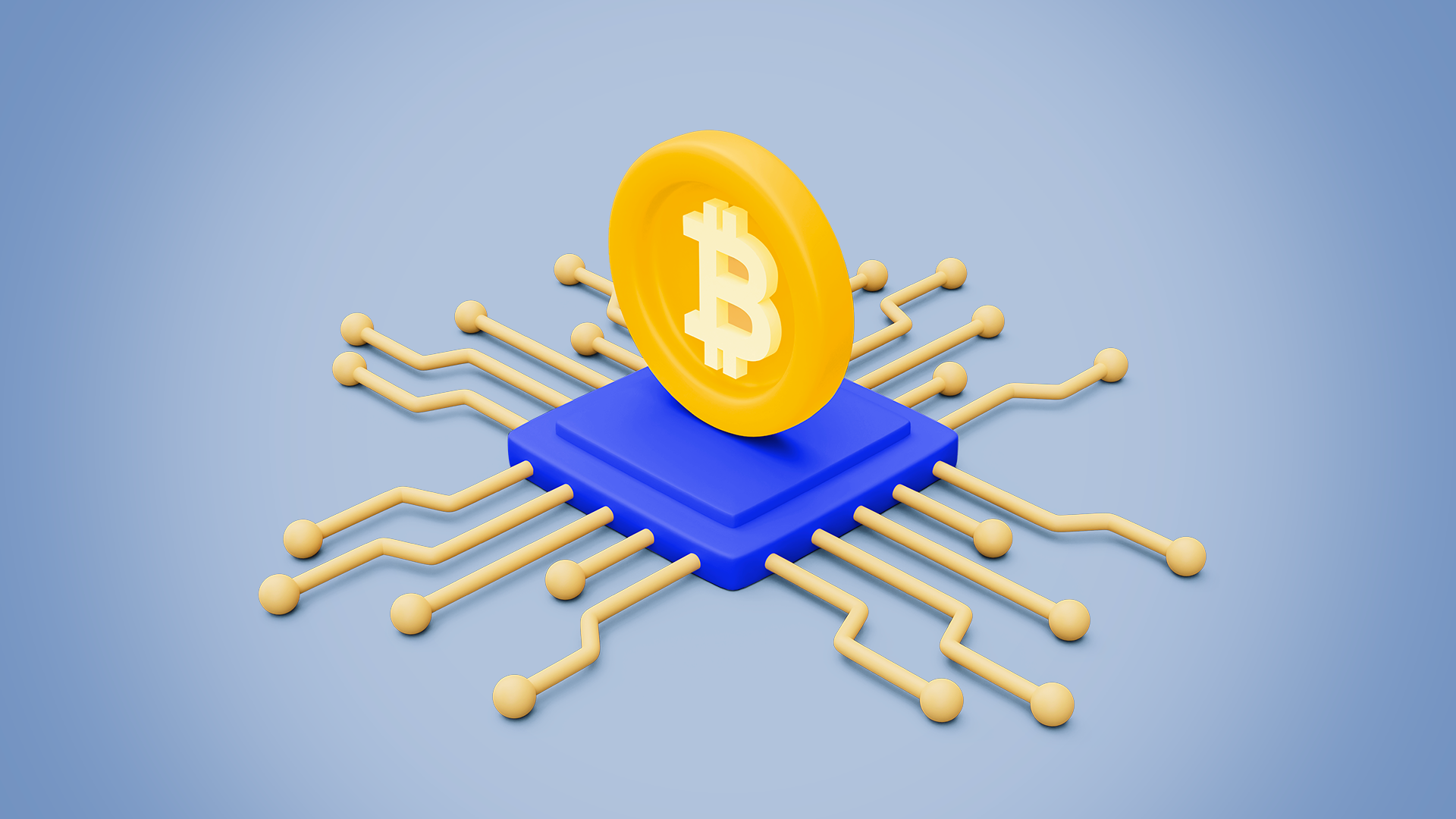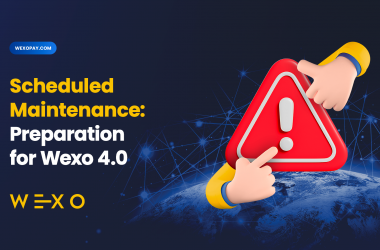Cryptocurrencies are the next step to a cashless society
BITCOIN (BTC) Zdecentralizowana Organizacja Autonomiczna (DAO) Aplikacje zdecentralizowane (dApps) DECENTRALIZACJA DeFi07-Apr-2022

TOP posty

New Wexo Cashback App: More than cashback
Wexo launches a new generation of its Cashback app – a modern platform where you earn real value in Bitcoin, gold,...
Czytaj więcej
Wexo 4.0 Is Coming: What to Expect from the Scheduled Maintenan...
We’re getting ready to launch Wexo 4.0 with a major infrastructure upgrade. Learn what’s changing, why a new passwo...
Czytaj więcej
Deflation in Action: 3,541,053 WEXO Tokens Burned
The fifth burn round has permanently removed over 3.5 million WEXO tokens from circulation. Learn what this means f...
Czytaj więcejThe future of payments is in cryptocurrencies. It will take a while for everyday users to get used to it.
With the prevalence of mobile banking and QR code payments, people worldwide rely on digital payment solutions. Mobile payments via smartphones are already a part of everyday life.
Speaking about a higher comfort level, we shall not forget to mention the governments' efforts to switch to a cashless economy. The COVID-19 pandemic significantly strengthened the acceptance of non-cash and contactless payments. The Philippines is a perfect example, where the use of digital payment platforms has grown by 5,000%.
The increase of non-cash payments prepares a good breeding ground for tolerating cryptocurrencies and their mass acceptance. The growing number of cryptocurrency users declares this trend. The total users' number is around 300 million, while experts predict a milestone of 1 billion users by the end of the year.
Cryptocurrencies are a phenomenon that fills the headlines of established magazines. But what will be needed for their expansion and mass adoption?
Cryptocurrencies are about a financial accessibility
Even today, billions of people do not have access to the most basic financial services and have no way of safely storing and managing their earnings and finances.
However, with crypto wallets, anyone can transfer their cryptocurrencies without maintaining a minimum balance in their account if they have an internet connection. Cryptocurrencies proved to be a solution during the war in Ukraine when refugees could easily "take" their finances with them.
Because crypto-applications are built on decentralized blockchains, transactions are performed peer-to-peer without traditional intermediaries such as bankers or trade houses.
The result is a significant saving in transaction costs, as standard fees for cross-border transfers of small amounts can reach up to 7%, considering the intermediaries' fees. Meanwhile, the same fees for cryptocurrencies are often less than 1 per cent - regardless of the transaction amount.
In addition, highly decentralized platforms are not regulated. Anyone with a crypto-wallet and an Internet connection can borrow, send, or trade their cryptocurrencies without verification by a central authority or intermediary.
Instead, transactions are performed using smart contracts that automate them if pre-conditions are fulfilled. In addition to cost savings, it is worth considering the time-saving aspect. Processing of transfer transactions can take several days, while cryptocurrencies can be transferred in a few minutes.
Education is the key to a large-scale acceptance of cryptocurrency
The widespread acceptance of digital payment technologies, such as QR codes and biometrics, is a promising sign that consumers have become more digitally proficient. More than 90% of respondents in the Asia-Pacific region said they would consider at least one new payment method next year.
In addition to new payment technologies, the expansion of retail investment has led to a paradigm change in the investment environment, with business activity doubling last year.
User-friendly platforms such as Robinhood and their well-known cryptographic counterparts, such as Coinbase, have made investing much more accessible to non-institutional investors.
This historic increase in non-cash payments and retail investment has caused the public has gained better exposure to various types of assets. However, in the United States, 84% of adults are either not interested in cryptocurrencies or have never heard of them. Although it can be attributed to seemingly intimidating technical details, we are now well-positioned to gradually move towards a more crypto-forwarding society.
Much more needs to be done to help ordinary consumers better understand cryptocurrencies. First, crypto projects would do well to invest more resources in creating educational content to bridge the knowledge gap - whether through guides or detailed explanations.
In the meantime, adopting a more transparent approach that seeks to uncover misconceptions and ensure that users are aware of the risks associated with cryptocurrencies will make it easier and more confident to navigate when entering the crypto space.
Crypto is TOP in the non-cash unit
As conversations about cryptocurrencies become more widespread, governments begin to notice it. Although cash will not be eliminated in the foreseeable future, 86% of central banks worldwide seek to switch to cashless payments.
The world's first central bank digital currency (CBDC) - the Sand Dollar - was announced by the Bahamas Central Bank in 2018 and officially launched in October 2020. The co-founder of DeFiChain, U-Zyn Chua, led the technology team.
Although a central authority will regulate CBDCs, their adoption will send market participants a profound message about the legitimacy of digital currencies. Therefore, the CBDCs implementation is a much-needed stepping-stone to establishing a large-scale adoption of cryptocurrencies.
In the short term, cryptocurrencies will not replace the existing financial system. But they are already creating an ecosystem suitable for a new generation of digital, financially savvy users.
While it will take some time for consumers to get used to cryptocurrencies, nascent technology will prove its worth over time by offering everyone cheaper, safer, and easier financial services without the need for an intermediary, in the form of banks as we know them today.
